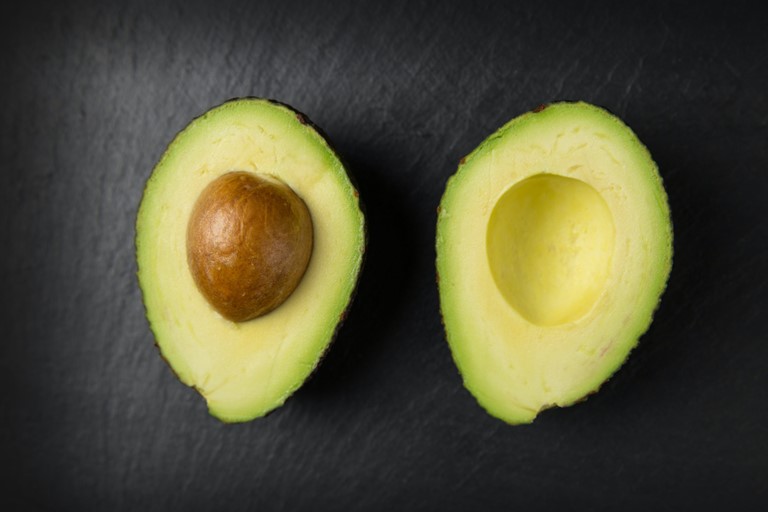
Benign prostatic hyperplasia (BPH) is a common condition in older men, but there are many natural methods that can help prevent and manage this problem. Read what steps you can take to maintain a healthy prostate without resorting to drugs.

1. diet and hydration
- Fiber: Consuming fiber can help regulate male sex hormones, which has implications for prostate health. Add more vegetables, fruits and whole-grain products to your diet.
- Healthy fats: Choose saturated and monounsaturated fats, such as those found in olive oil and avocados. The omega-3 fatty acids found in fish also benefit the prostate.
- Fiber: Consuming fiber can help regulate male sex hormones, which has implications for prostate health. Add more vegetables, fruits and whole-grain products to your diet.
- Healthy fats: Choose saturated and monounsaturated fats, such as those found in olive oil and avocados. The omega-3 fatty acids found in fish also benefit the prostate.
2 Physical Activity and Healthy Lifestyle
- Kegel Exercises: Kegel exercises can help strengthen pelvic floor muscles and improve bladder function.
- Regular physical activity: Regular exercise helps maintain a healthy body weight and overall health, which benefits the prostate.
- Avoid smoking cigarettes: Smoking cigarettes increases the risk of prostate hypertrophy, so firmly quitting smoking has a positive effect on prostate health.
3. dietary supplements
- Vitamin D: Vitamin D supplementation may help maintain prostate health. Consult your doctor about appropriate doses.
- Selenium: Selenium is a trace element that can have a positive effect on the prostate. However, selenium supplements should be used in moderation.
4 Stress Management
Relaxation techniques: Relaxation exercises, such as meditation, yoga and deep breathing, help reduce stress levels, which can benefit prostate health.
5. regular Research
Screening: Regular prostate examinations, including a finger exam through the rectum (DRE) and measurement of PSA levels, are important in detecting prostate problems at an early stage. Discuss with your doctor when you should start regular screenings.
6 Balanced Diet and Supplements
- Lycopene and blueberries: Lycopene found in tomatoes and blueberries contain antioxidant components that may help protect against the development of prostate cancer. Adding them to your diet or considering supplementation may be beneficial.
- Garlic and onions: These vegetables contain sulfur compounds that can help prevent prostate hypertrophy. You can add them to dishes or use them as dietary supplements.

7. regular Prostate Health Check
Medical consultations: Even if you don’t have any symptoms of prostate hypertrophy, regular consultations with a urologist or family doctor are important in maintaining prostate health. Your doctor can perform a transrectal finger exam (DRE) and a PSA level measurement to help detect possible problems early.
8 Alternative Treatment
- Phytotherapy: Some herbs, such as sabal palm and nettle, are used in natural medicine to support prostate health. However, it is advisable to consult a professional before starting any herbal therapy.
- Acupuncture: Some men are choosing acupuncture as a method of reducing BPH symptoms. Although there is no conclusive evidence of its effectiveness, some patients report positive results.
9. healthy lifestyle
Regular sleep: Sufficient sleep and healthy sleep are important for overall health, including prostate health. Inexperienced sleep can negatively affect the functioning of the endocrine system.
Prevention and natural treatments for benign prostatic hyperplasia are important steps in maintaining a healthy prostate. Remember that every body is different, so it’s a good idea to consult your doctor before making significant changes to your diet, lifestyle or supplementation.
If you are experiencing any symptoms of prostate hypertrophy, such as frequent urination, pain or other worrisome symptoms, seek medical advice immediately. Early diagnosis and treatment can prevent complications and improve quality of life.
Take care of your prostate health through a conscious approach to diet, physical activity and regular medical check-ups. It’s an investment in healthy aging and long-term quality of life.
